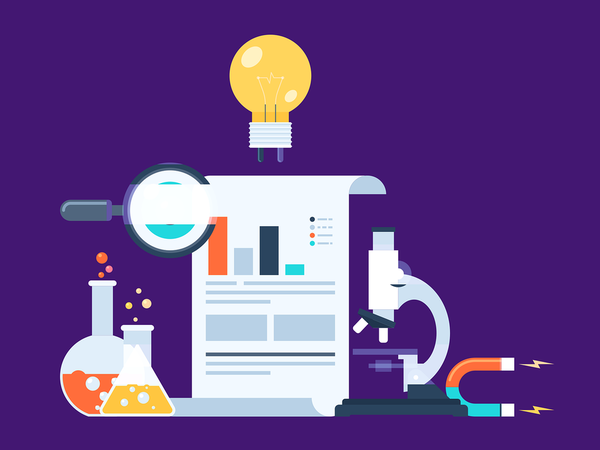Korean AI-using drug developers are establishing overseas branches or a wet lab to seek new business opportunities.
In Korea, various AI-backed drug discovery companies have emerged to find new medicines. They include Standigm, Syntekabio, Deargen, Oncocross, Pharos iBio, Baobab AiBIO, PharmCADD, and AZothBio.

Those companies are in partnership with Daewoong Pharmaceutical, Hanmi Pharmaceutical, SK Chemicals, inno.N, Samjin Pharmaceutical, Handok, Jeil Pharmaceutical, ST Pharm, Korea Pharma, Eyegene, and Huons.
In September, Cimplrx clinched a joint development and licensing deal with Dong-A ST to develop an innovative drug for central nervous system diseases, drawing much attention from the pharmaceutical industry.
Also, some AI-driven new drug developers have established a web lab, advancing to the research and development stage. A web lab refers to an experimental lab where various types of chemicals and wet hazards are handled.
This strategy is differentiated from the previous AI-backed firms, which worked on discovering and optimizing new molecules and let their partner pharmaceutical firms handle compound synthesis and candidate drug development.
Deargen is finding new drug candidates in partnership with Daewoong’s subsidiary iN Therapeutics and Shinpoong Pharmaceutical’s affiliated company eFlask. In addition, the company is soon to reorganize and launch a new drug research institute and establish a wet lab this year.
In July, Standigm and SK Chemicals signed an agreement to jointly conduct a clinical trial of an AI-driven drug candidate for non-alcoholic steatohepatitis (NASH) and build a wet lab conducting joint synthesis research tasks. The two companies aim to begin a trial in the first half of 2022.
Korean AI-backed companies are also building overseas branches to interact with multinational pharmaceutical companies more actively.
Deargen set up a U.S. offshoot in Georgia in September, and Standigm, in partnership with Milner Therapeutics Institute of the University of Cambridge, opened a U.K. office in August.
PharmCADD moved into the Cambridge Innovation Center (CIC) in Boston in August, supported by the Korea Pharmaceutical and Bio-Pharma Manufacturers Association (KPMBA).
Oncocross established an Australian subsidiary in June and got into the list of the companies supported by the “Go Austria” government program that incubates bio-health startups. The company will hold meetings with investors and multinational drugmakers in Vienna, Austria, for two weeks from mid-October.
An industry official said Korean AI-backed drug discovery companies are expanding business overseas because their collaboration with leading local drugmakers has almost saturated.
“As joint research with global pharmaceutical companies is more helpful in terms of costs, AI-using drug developers are turning their eyes abroad. This trend will continue,” the official said.
KTB Investment & Securities said in a report in September that no domestic AI-backed company has signed a global licensing-out deal. However, the report said they are likely to clinch deals with local pharmaceutical companies and start clinical trials late this year. “Based on this, they will prove the value of their platforms and get listed in the stock market,” the report said.
The report added that Syntekabio is the only company listed on Kosdaq among AI-backed drug developers. In addition, Standigm and Oncocross have selected underwriters to prepare for going public, it said.

